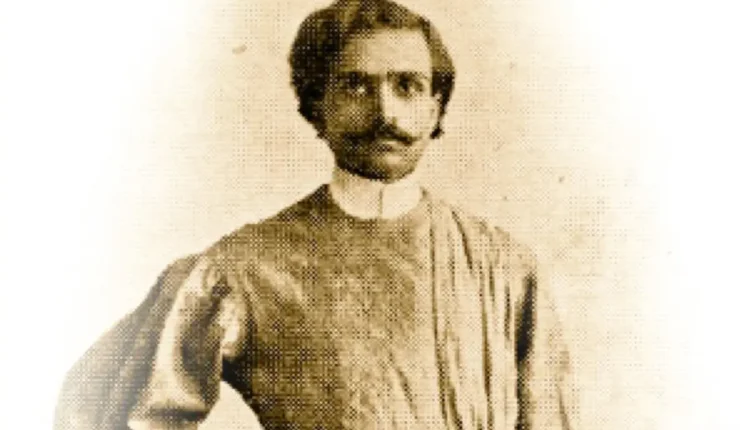Akhay Kumar Mozumdar (July 15, 1881 – March 9, 1953) was a luminary whose life and teachings transcended boundaries. As an Indian American spiritual writer and teacher, he played a pivotal role in the New Thought Movement in the United States during the early 20th century.
His journey from a small village near Calcutta, India, to becoming a revered spiritual guide in America, embodies resilience, integration, and an unwavering quest for universal truth.
Akhay Kumar Mozumdar: Early Life and Spiritual Awakening
Born into a high-caste family, Akhay Kumar Mozumdar was the youngest of ten children. His father, an attorney, and his devout mother, who named him Akhay Kumar, meaning “Son of God,” deeply influenced his early years. This spiritual inclination from his mother sowed the seeds of his lifelong quest for understanding the divine and imparting this knowledge to others.
Journey Through Asia and Beyond
After leaving his family home, Akhay Kumar Mozumdar embarked on an extensive journey across India, immersing himself in various spiritual practices and philosophies. His travels took him to Bethlehem, where he sought to deepen his understanding of Christianity, and further to China and Japan.
These experiences enriched his spiritual perspective, blending elements of Hinduism, Christianity, and other Eastern philosophies, which later became the cornerstone of his teachings in America.
Arrival in the United States and New Thought Movement
Akhay Kumar Mozumdar arrived in Seattle, Washington, in 1904. By 1905, he had already made a significant impact, speaking at the Queen City Theosophical Society to full houses. His teachings, which he termed “universal truth,” resonated with many, blending the principles of Christianity and Hinduism into what he called “Christian yoga.”
He became a prominent lecturer, particularly in Washington State, Oregon, and California, where he shared his profound knowledge of God and the “Creative Principle.” His teachings emphasized the inherent divinity within every individual and the power of positive thinking, aligning closely with the core tenets of the New Thought Movement.
Struggles with U.S. Immigration Law
Mozumdar’s journey was not without its challenges. In 1913, he became a U.S. citizen by convincing the Spokane district judge that he was Caucasian, a requirement under the naturalization laws of the time. However, the passage of the Immigration Act of 1917, which barred Asians from immigrating to the United States, cast a shadow over his status.
In 1923, following the U.S. Supreme Court decision in United States v. Bhagat Singh Thind, Mozumdar’s citizenship was revoked, as the court ruled that no person of East Indian origin could be naturalized. Despite this setback, Mozumdar continued his spiritual mission undeterred.
Reclaiming Citizenship and Legacy
The Luce–Celler Act of 1946 provided a quota for East Indian immigrants and allowed them to apply for citizenship. Mozumdar reapplied and was granted U.S. citizenship in 1950. He spent his remaining years in the United States, continuing to teach and inspire until his death in 1953. He was buried at Forest Lawn Memorial Park in Glendale, California.
Impact and Lasting Influence
Akhay Kumar Mozumdar’s legacy is profoundly interwoven with the New Thought Movement. He was closely associated with leaders like Reverend Ernest Holmes, the founder of Religious Science and author of “Science of Mind.” Holmes, who officiated at Mozumdar’s memorial service, was a close friend and admirer, highlighting the deep respect and influence Mozumdar commanded among his peers.
Also Read:Mahadai Das: A Beacon of Indo-Guyanese Cultural Expression

